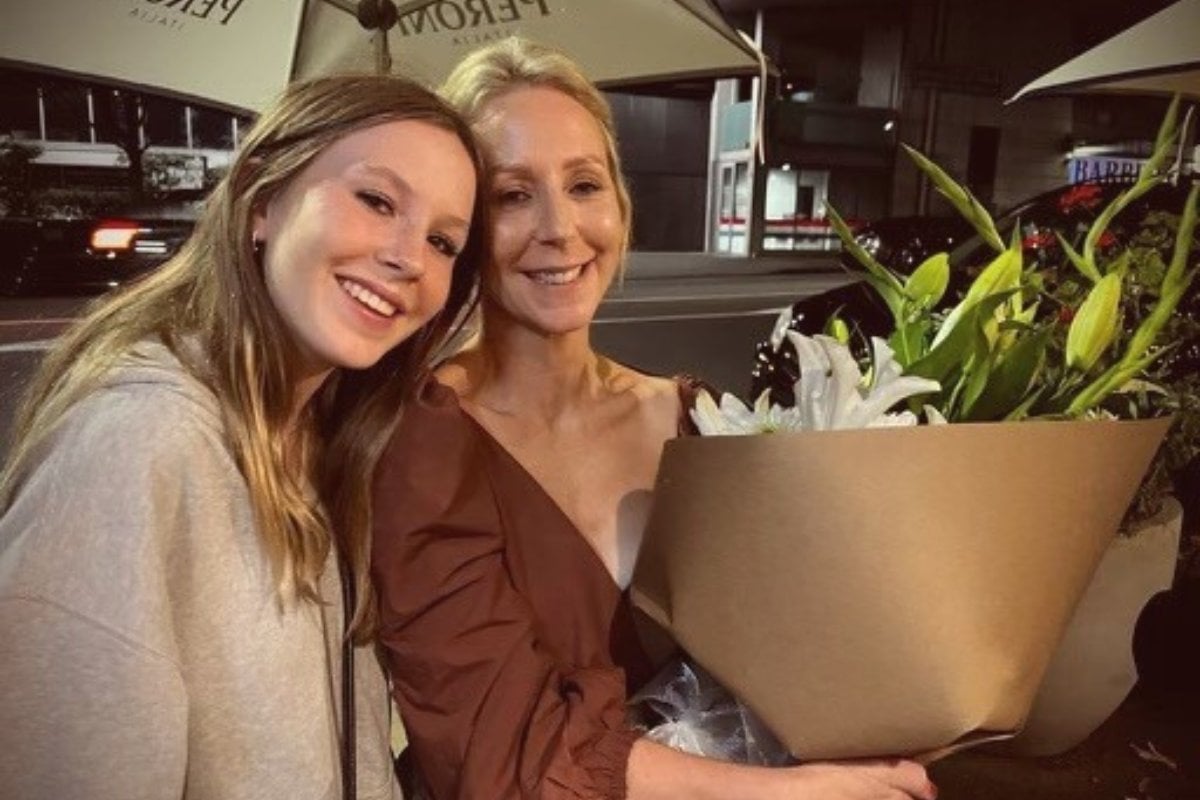
There is sweet FA equal division of labour in my house.
My husband brings home the bacon, while I do the lion’s share of cooking and cleaning, remember his family’s birthdays, and worry whether he is getting enough exercise. There is a line in my debut novel, One of Those Mothers, in which the protagonist, Bridget, makes some fairly sexist assumptions about her son’s teacher.
“Oh Bridget,” she chides herself, “you bad feminist!” In truth, I fear I, too, have let down the sisterhood. That I, too, am a bad feminist.
Watch what it'd be like for a man to live as a woman for a day. Post continues below.
Not an unhappy one, mind. For the most part, I am content enough in my work, but occasionally, say, when I'm scrubbing guts off my husband’s fishing shirt while he relaxes with a beer after a long day, I wonder what happened to the small, ardent activist who once raged in my chest.
Who, in her first year at primary school, when her peers opted to do their class projects on ponies and pterodactyls, chose as her subject Emmeline Pankhurst’s hunger strikes; who railed at the butcher with his crude jokes and flipped the bird to wolf-whistling construction workers.
Was there a particular event in among the many it takes to make up a life, that brought me here, to this place of gendered domesticity? Perhaps, with my predilection for make-up and clothes, it was the deep loneliness I felt amid all the earnestness of the Women’s Studies Department at university? Or maybe it was meeting my husband, a man with screeds of female friends, who presented as modern in his thinking, and yet, when it came to the question of whether or not I would take his name, proved most old-fashioned indeed?

